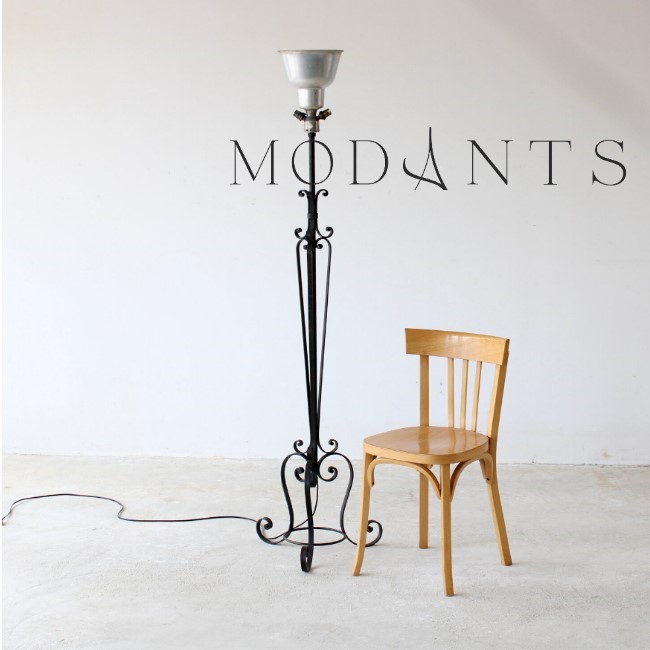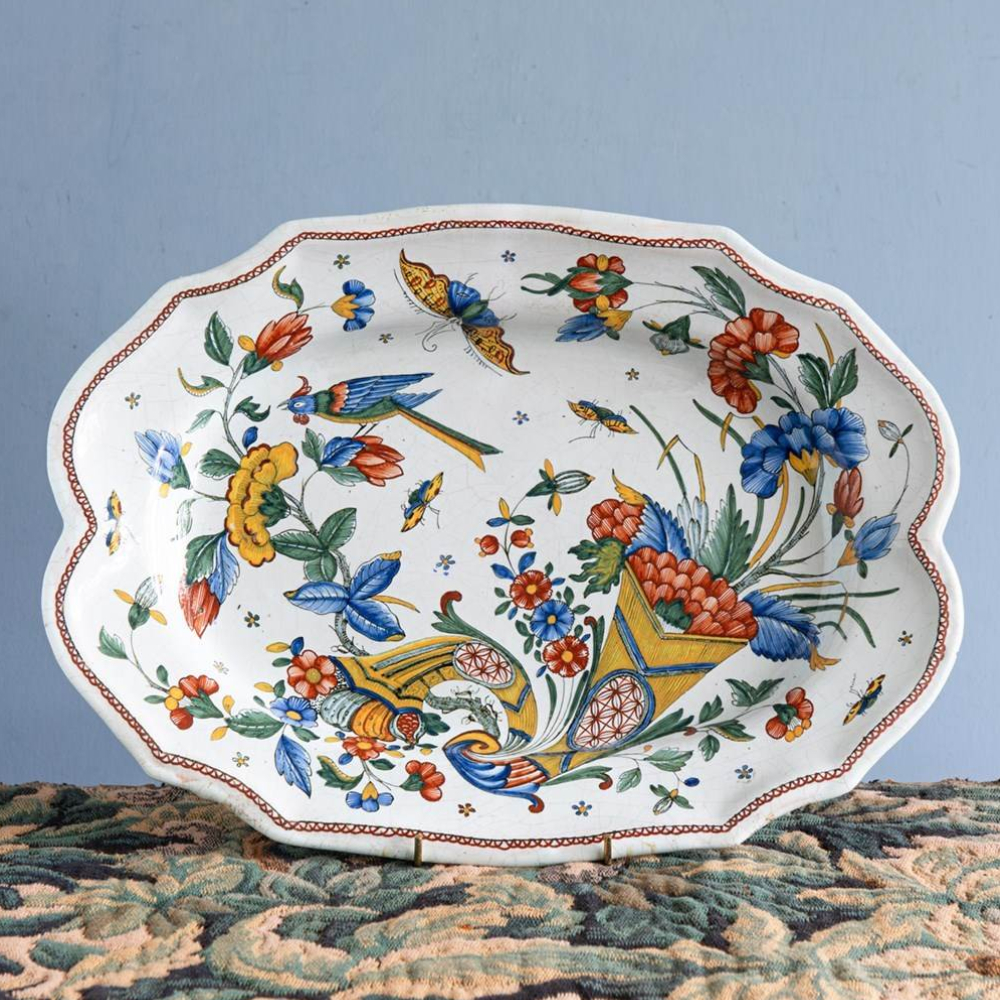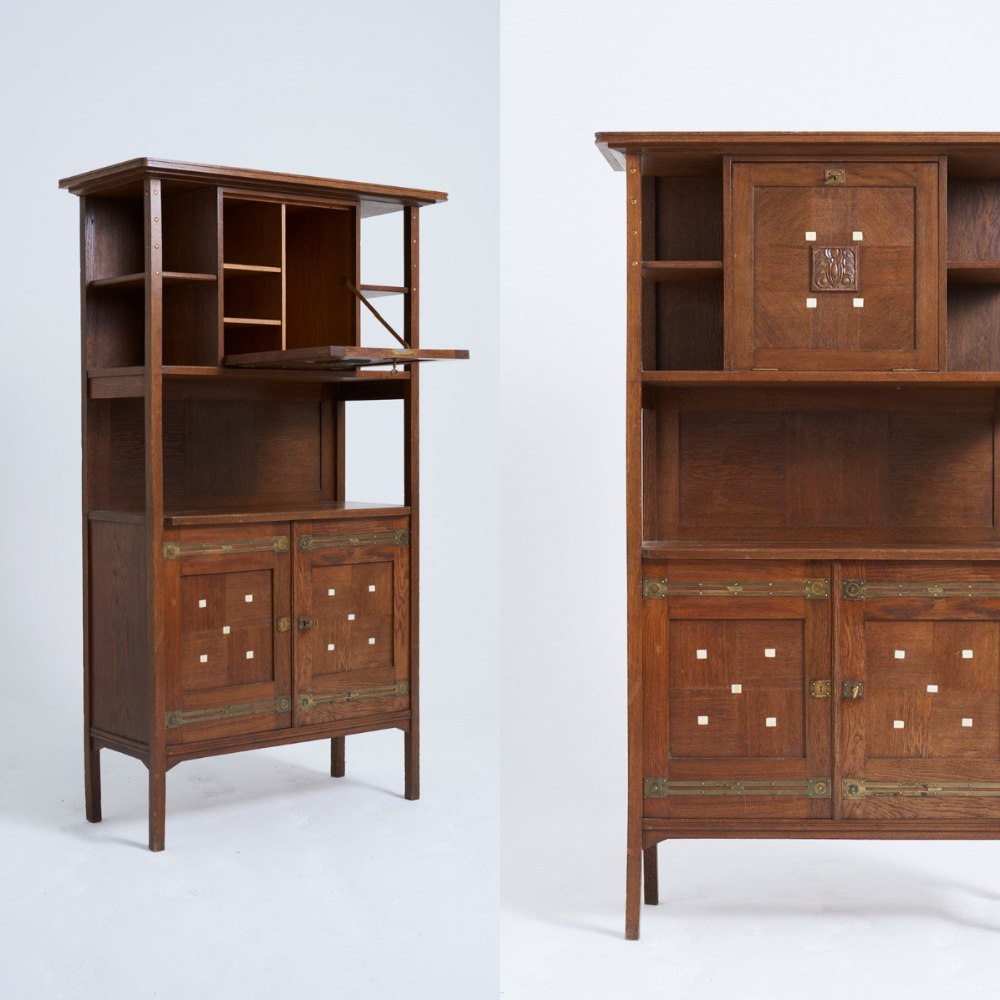
Antiquing abroad has a unique charm that you don’t get at home. The sense of adventure and accomplishment is amplified when you’re on foreign soil, but bagging a bargain abroad is not without its challenges.
For one, the language barrier poses a potential problem – a test even for savvy negotiators. Not to mention, how you’re going to get your prized possession home so it arrives safely in one piece.
In this blog, we share our top tips for a successful trip!
1. Start with research
Save time by doing as much research as you can before you go. Preparation is especially important if antiquing is the sole purpose of your trip – you don’t want to find out the shops you thought were there are closed.
There are lots of free resources online that can help you bone up on what to expect in the country you’re visiting. This calendar from Antiques News + Fairs allows you to search for UK, USA, and European fairs. You can also filter by the type of fair you’re interested in, from art sales to flea markets.
2. Learn the lingo
Try to learn a few words in the mother tongue of your destination before you arrive. Things like ‘please’, ‘thank you’ and ‘how much?’ are essential for getting around abroad. Knowing the translation for ‘antiques’ is also helpful, so you can ask for directions to suitable shops, fairs, and markets when you get there.
3. Know the etiquette
Every country has its own cultural etiquette when it comes to negotiating on price. It’s good practice to start by asking the trader for their best deal. How hard you haggle depends on your location – you wouldn’t use the same bartering technique in Japan as you would in Turkey!
Read up on the country before you go, or ask the locals when you arrive!
4. Ask for paperwork
Like in the UK, you can’t always be sure that what you’re buying is a genuine antique. If you’re buying from an antique dealer in a shop, then ask to see the paperwork to verify the item’s provenance.
Toma Clark Haines, founder of Antiques Diva & Co., has this advice*: “The potential to make mistakes is always there, but if you buy what you love, you will never regret your purchase.”
Excellent advice!
5. Arrange shipping
If your prized purchase is small enough to fit in your suitcase, it will be much easier to get it home.
If you need to arrange shipping, ask your vendor for their recommendations. They’re best positioned to tell you what’s worked for other people. Always get three quotes and go with your gut when choosing a provider.
And finally, don’t forget to check the customs regulations before you leave. Some countries have strict rules about the amount, value, and kinds of antiques permitted to leave the country.
*Taken from her interview with Architectural Digest online in 2016.





